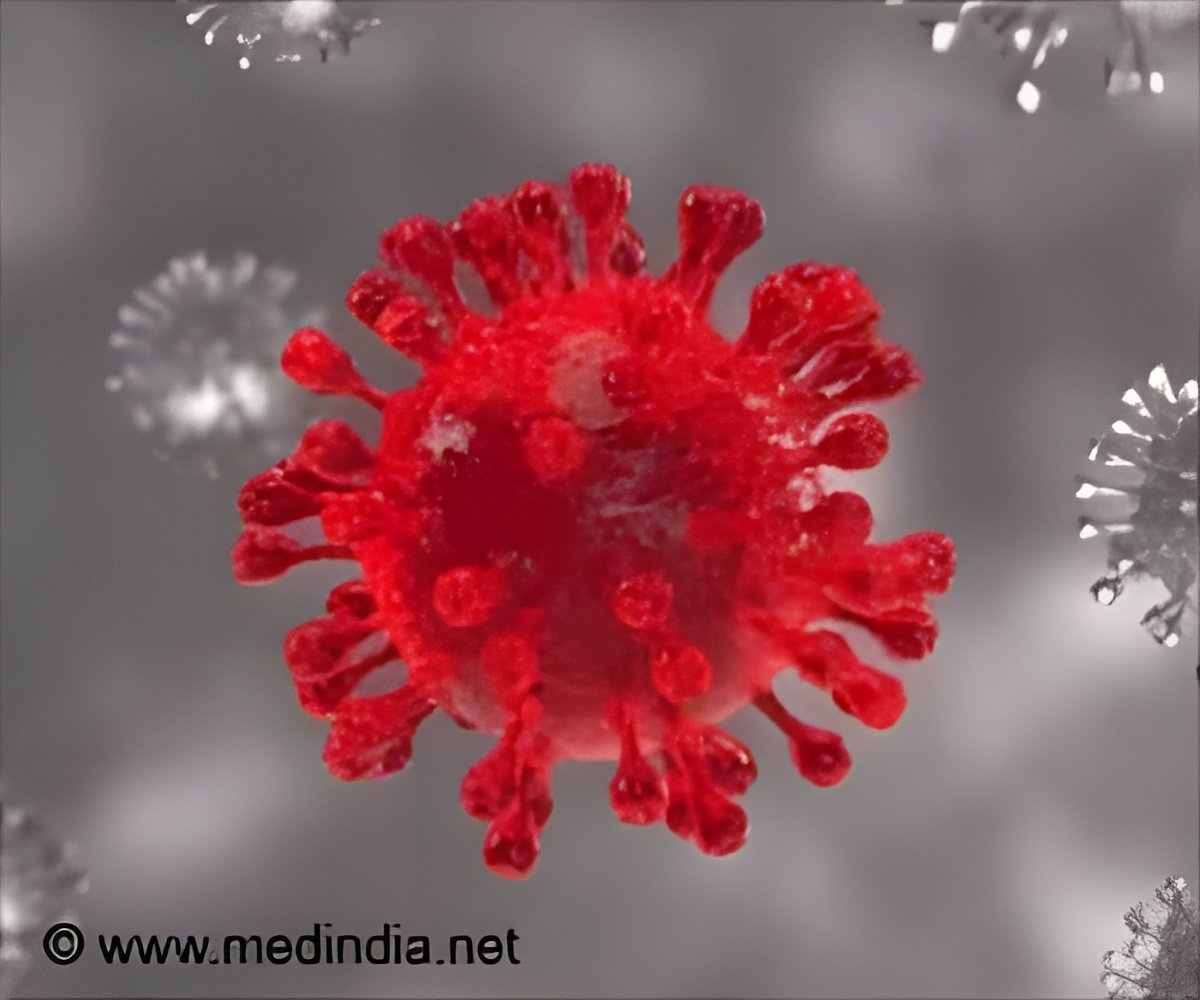Pigs affected with Covid-19 didn't get sick. However, further research can lead to therapies for reducing severe symptoms in people infected with the coronavirus.

‘Further research can lead to therapies for reducing severe symptoms in people infected with the coronavirus.’





Scientists at the Iowa State University introduced the virus to cultured porcine and human respiratory epithelial cells, which line most of the respiratory tract. The findings, published in the journal Cell Death Discovery, showed that the pig cells underwent apoptosis, or controlled cell death, in response to infection at a higher rate than human epithelial cells.
"When we looked under the microscope there was an interesting phenomenon going on inside the cells," said Rahul Nelli, a research assistant professor of veterinary diagnostic and production animal medicine at the varsity.
"The nuclei of the infected pig cells were starting to shred into fragments but not uninfected pig cells," he added.
Nelli explained that the shredding of the nucleus is a telltale sign of apoptosis, which may be a key in helping pigs avoid symptoms after exposure to SARS-CoV-2.
Advertisement
Pig cells are roughly 100 times more likely to undergo apoptosis than human cells, according to the study.
Advertisement
The researchers surmise that a wide-scale apoptosis response is helpful for avoiding disease because it disposes of infected cells quickly without the immune system overreacting, while wide-scale necrosis and the resulting hyperimmune response is less favorable to host cells.
"We don't want to over-conclude, but this response is probably something intrinsic to the pig immune system that is innate and not acquired," said Luis Gimenez-Lirola, Associate Professor of veterinary diagnostic and production animal medicine.
"The idea is to kill the virus subtly but fast enough so there's not an excessive immune response triggered," Gimenez-Lirola said.
The researchers said further study could lead to therapies designed to trigger apoptosis in human cells, allowing people infected with the coronavirus to avoid severe symptoms.
Source-IANS















